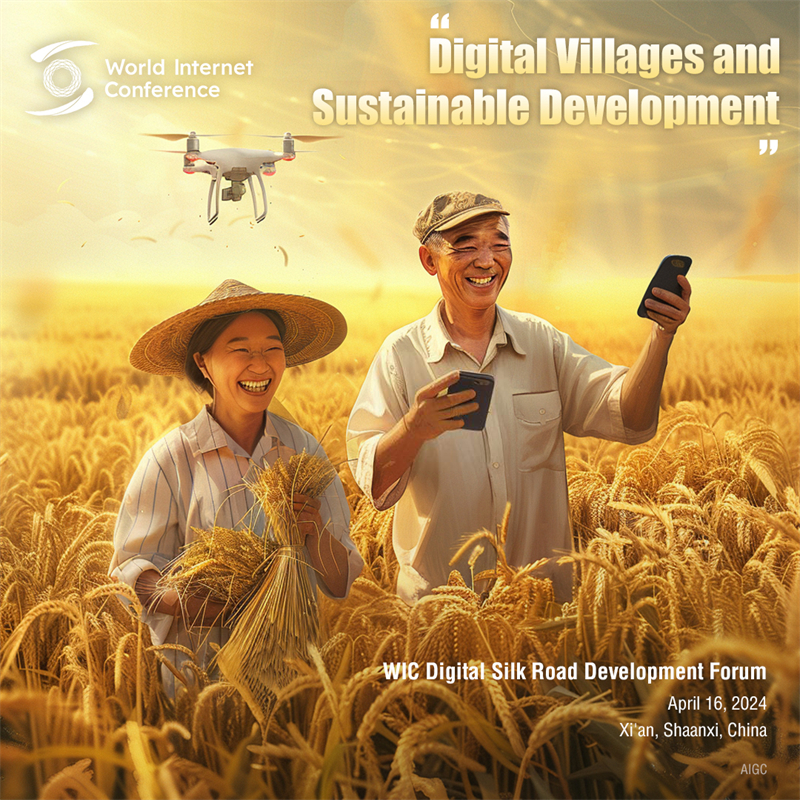
- Home
- Media Center
-
Events
- Wuzhen Summit
- Regional Forums
- Practice Cases of Jointly Building a Community with a Shared Future in Cyberspace
- World Internet Conference Awards for Pioneering Science and Technology
- The Light of Internet Expo
- Straight to Wuzhen Competition
- Global Youth Leadership Program
- WIC Distinguished Contribution Award
- Membership
- Research & Cooperation
- Digital Academy
-
Reports
- Collection of cases on Jointly Building a Community with a Shared Future in Cyberspace
- Collection of Shortlisted Achievements of World Internet Conference Awards for Pioneering Science and Technology
- Reports on Artificial Intelligence
- Reports on Cross — Border Ecommerce
- Reports on Data
- Outcomes of Think Tank Cooperation Program
- Series on Sovereignty in Cyberspace Theory and Practice
- Other Achievements
- About WIC
- 中文 | EN

Digital Silk Road contributes to sustainable, smart villages
As digital technology gradually integrates into various fields of economic and social development, the production and lifestyle as well as social governance methods of countries and regions involved in the Belt and Road Initiative are also constantly evolving. This is especially true for traditional rural areas, which are now encountering new development opportunities.
Numerous countries and regions are accelerating economic, cultural, and ecological development in rural areas and effectively advancing rural governance with the help of digital technologies.
In an agricultural high-tech industry demonstration zone in Yangling, Northwest China’s Shaanxi province, satellite navigation technology, drones, as well as 3D modeling and printing are used to provide stronger support for the intelligent and precise management of agricultural production.
The World Internet Conference (WIC) Digital Silk Road Development Forum will be held on April 16 in Xi’an, capital city of Shaanxi.
“Digital Villages and Sustainable Development” is a key agenda of the forum. The participants will engage in discussions on such topics as leveraging digital technology to empower agricultural production, promoting the improvement of rural governance, and contributing wisdom and strength to rural development, poverty eradication, and the building of more efficient, inclusive, resilient, and sustainable digital villages globally.


The World Internet Conference (WIC) was established as an international organization on July 12, 2022, headquartered in Beijing, China. It was jointly initiated by Global System for Mobile Communication Association (GSMA), National Computer Network Emergency Response Technical Team/Coordination Center of China (CNCERT), China Internet Network Information Center (CNNIC), Alibaba Group, Tencent, and Zhijiang Lab.





